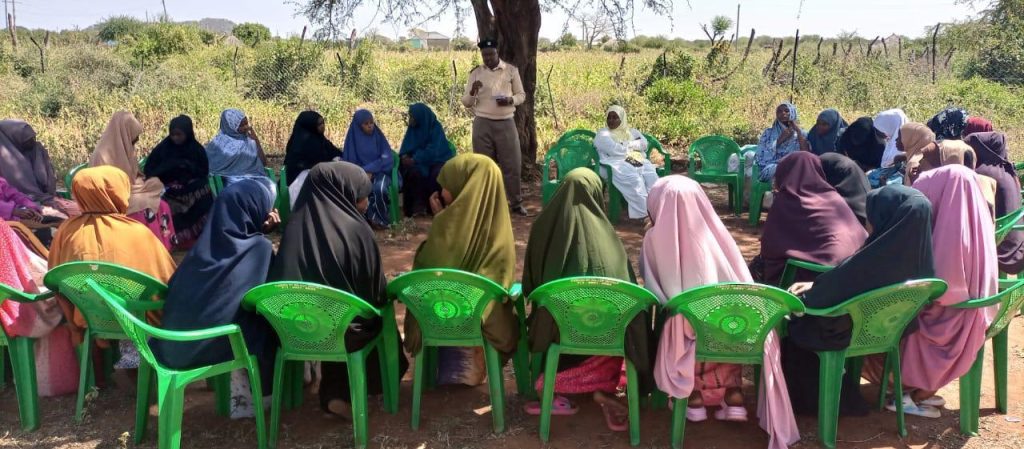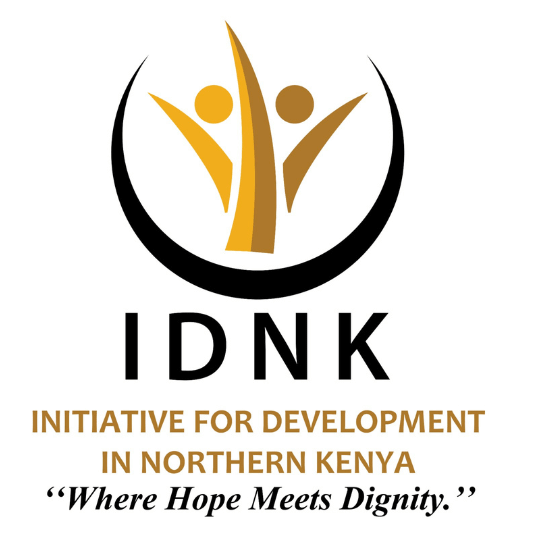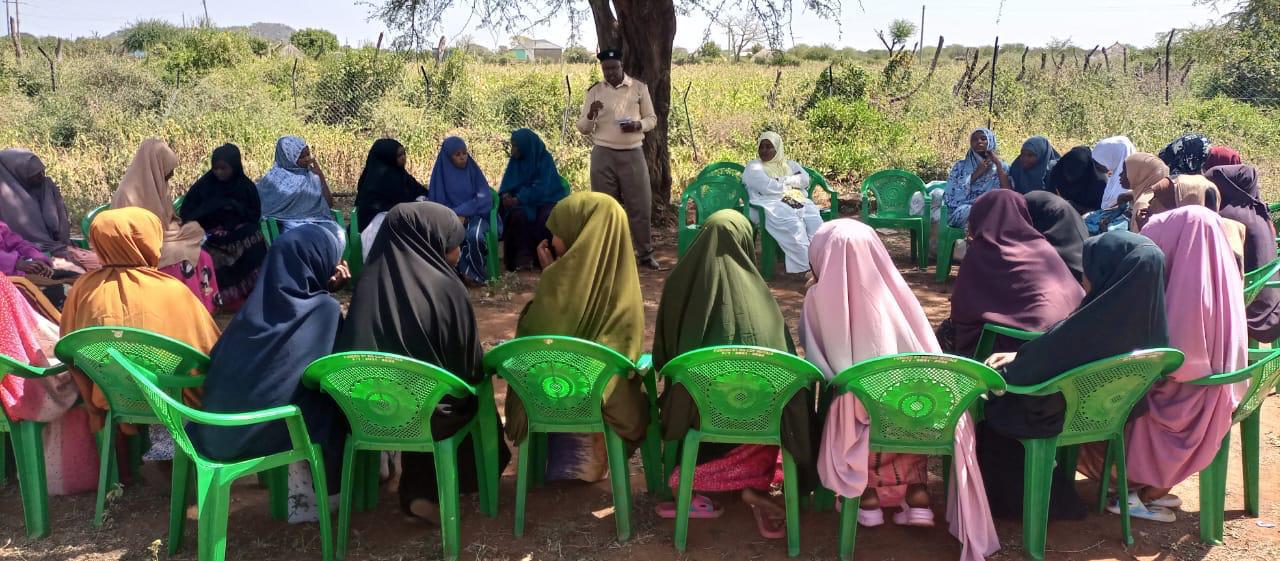When severe floods swept through Marsabit, many households struggled, but the elderly were among the hardest hit. Seventy-two-year-old Boru (not his real name) lived alone after his children migrated in search of work. With his frail body, he could no longer fetch water or food on his own. For weeks, he survived on handouts from neighbors, often going to bed hungry and feeling abandoned.
IDNK’s Humanitarian & Elderly Support program reached Boru at the height of his struggle. He received monthly rations of maize flour, beans, and cooking oil, as well as access to safe drinking water delivered through a community-managed borehole. Volunteers regularly checked on him, ensuring that he was not left isolated.
The relief was more than just physical—it restored Boru’s sense of dignity.
“For the first time in months, I feel seen and valued. I no longer sleep hungry, and I know I am not forgotten,” he shared, his eyes welling with tears.
Beyond immediate aid, IDNK worked with the local community to establish elderly support networks, where neighbors take turns assisting vulnerable seniors with daily tasks. These networks not only protect lives during crises but also rebuild social cohesion and respect for elders—values deeply rooted in indigenous culture.
Boru’s story is one of many that highlight how targeted humanitarian action can protect dignity at every stage of life. Through its programs, IDNK ensures that the most vulnerable—children, women, and the elderly—are never left behind in times of crisis.


